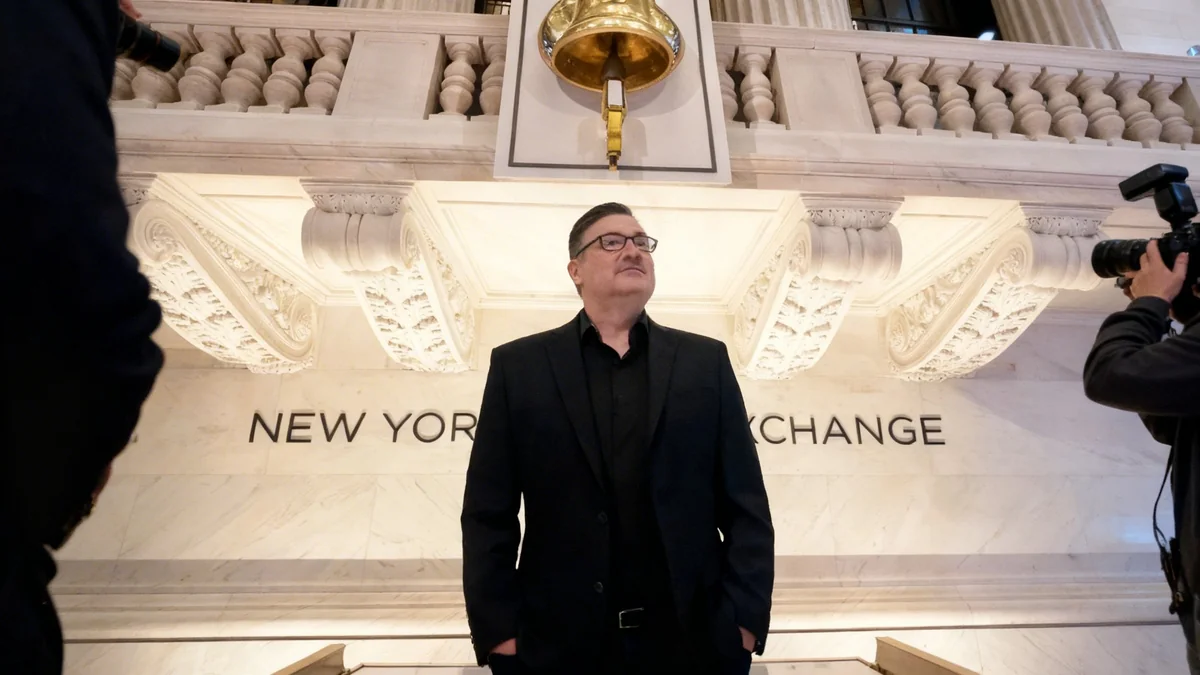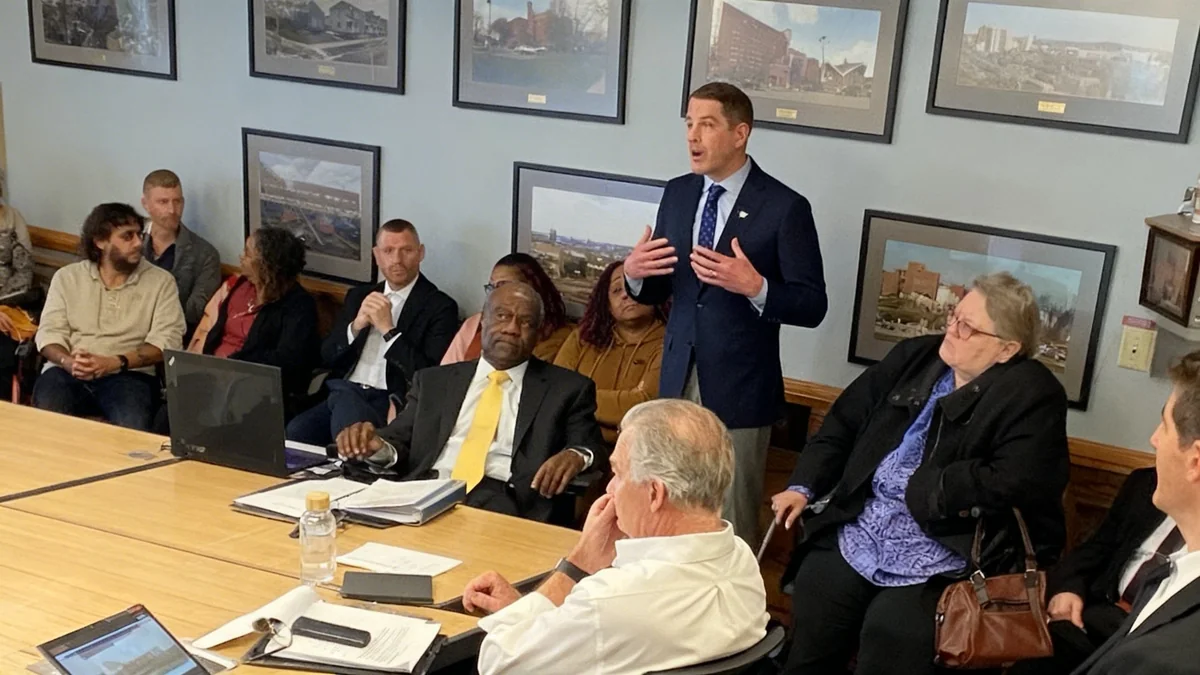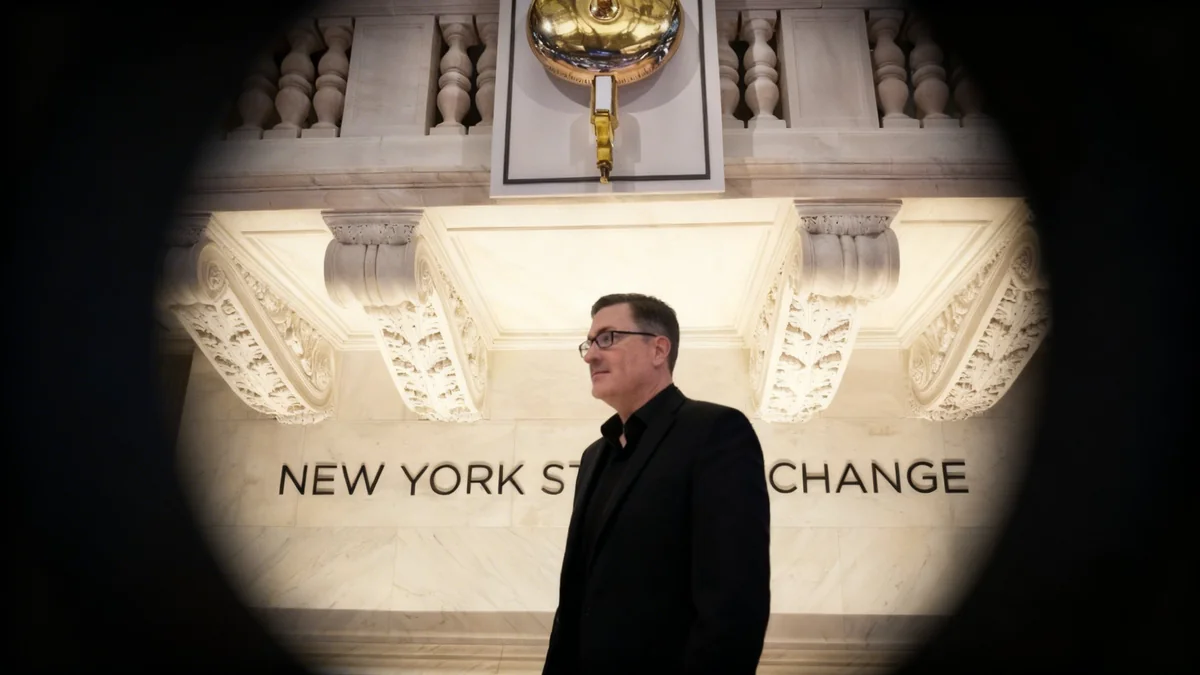Personal finance expert Dave Ramsey is advising potential homebuyers to prioritize their financial stability over market trends, especially following a recent interest rate adjustment by the Federal Reserve. Ramsey argues that the decision to purchase a home should be based on personal financial readiness, not on fluctuating mortgage rates.
In a recent newsletter, Ramsey addressed the Federal Reserve's decision on September 17, 2025, to lower its key interest rate by 0.25 percentage points. While this move could lead to slightly lower mortgage rates, he cautioned against making a life-altering purchase based on minor market shifts. Instead, he outlined a clear set of financial prerequisites for anyone considering entering the housing market.
Key Takeaways
- Dave Ramsey advises that personal financial health is more important than market interest rates when deciding to buy a home.
- He recommends being completely free of consumer debt before considering a home purchase.
- An emergency fund covering three to six months of living expenses is a crucial prerequisite.
- A down payment of at least 5-10% is recommended, with 20% being the ideal target to avoid private mortgage insurance (PMI).
- Ramsey's core rule is that a monthly mortgage payment should not exceed 25% of one's take-home pay on a 15-year fixed-rate loan.
Interest Rates and the Housing Market
On September 17, 2025, the Federal Reserve implemented its first interest rate cut since the end of 2024, reducing the federal funds rate to a range of 4.00-4.25%. This action was intended to support a labor market that has shown signs of slowing down.
Many prospective buyers wonder if this will significantly lower mortgage costs. Ramsey addressed this question directly, stating, "The Fed just cut interest rates. And you might be wondering: Will this bring mortgage rates down enough for me to finally afford a home?"
How the Fed Rate Affects Mortgages
The federal funds rate is the interest rate at which banks lend to each other overnight. It does not directly set mortgage rates for consumers. However, it heavily influences them. Generally, mortgage rates tend to be 1% to 3% higher than the federal funds rate, though this is not a fixed rule. Other factors, such as the bond market and overall economic health, also play a significant role.
Ramsey expects that mortgage rates may decrease slightly but warns against expecting a dramatic drop. He pointed out that lenders had already begun to lower rates in anticipation of the Fed's move. "That’s why no one can predict what mortgage rates will do with 100% accuracy," he wrote. "So be careful not to base your home-buying decision only on rates."
Ramsey's Financial Checklist for Homebuyers
Ramsey's core philosophy is that homeownership should be a blessing, not a financial burden. To ensure this, he proposes a disciplined approach focused on building a solid financial foundation before signing any mortgage documents. "You should wait to buy a house if you aren’t financially prepared for homeownership," he stated. "No matter what the housing market is doing, buying a house is a bad idea if you don’t have your ducks in a row."
Step 1: Eliminate Consumer Debt
The first and most critical step, according to Ramsey, is to become completely debt-free. This includes all forms of consumer debt, such as credit card balances, car loans, personal loans, and student loans. Carrying these monthly obligations limits a household's financial flexibility.
By eliminating these payments, future homeowners free up significant cash flow. This extra money can then be directed toward saving for a down payment, covering closing costs, and managing the ongoing expenses of homeownership without financial strain.
Step 2: Build a Substantial Emergency Fund
Before buying a home, Ramsey insists on having a fully funded emergency fund. This fund should contain enough money to cover three to six months of essential living expenses. This is not a down payment fund; it is a separate savings account reserved for true emergencies.
Homeownership comes with unexpected costs, from a broken water heater to a leaking roof. Without an emergency fund, these common issues can force a homeowner into debt, defeating the purpose of being financially prepared in the first place.
Step 3: Save for a Strong Down Payment
The size of a down payment has a major impact on a mortgage. Ramsey advises first-time homebuyers to save a minimum of 5-10% of the home's purchase price. However, the ideal goal is a 20% down payment.
The Advantage of a 20% Down Payment
Putting down 20% allows a buyer to avoid Private Mortgage Insurance (PMI). PMI is an extra fee added to the monthly mortgage payment that protects the lender, not the borrower, in case of default. It can add hundreds of dollars to a monthly payment, offering no benefit to the homeowner.
A larger down payment also reduces the total loan amount, resulting in a lower monthly payment and less interest paid over the life of the loan. This makes the home more affordable from day one.
The 25% Rule for Housing Payments
Perhaps the most well-known of Ramsey's housing rules is his strict guideline on affordability. He strongly advises against taking on a mortgage that compromises other financial goals. To prevent this, he created the 25% rule.
"Don’t buy a house if the monthly payment (including principal, interest, taxes, homeowners insurance and HOA fees) on a 15-year fixed-rate mortgage would be more than 25% of your take-home pay."
This rule is designed to prevent homeowners from becoming "house poor"—a situation where so much of their income goes toward housing that there is little left for saving, investing, or other life expenses. By keeping the payment at or below this threshold, families can continue to build wealth and handle life's other costs comfortably.
Ramsey specifically recommends a 15-year fixed-rate mortgage because it allows homeowners to pay off their house much faster and save a significant amount in interest compared to a 30-year loan.
Why Personal Readiness Trumps Market Timing
Ultimately, Ramsey's advice circles back to a single theme: control what you can control. While no one can predict with certainty what interest rates or the housing market will do, individuals can take control of their own financial situation.
He warns of the consequences of ignoring these financial steps. "Every day, we talk to folks who bought a house before taking those steps and wound up regretting it because they got stuck with a giant, expensive burden," he explained.
By focusing on eliminating debt, saving an emergency fund, securing a solid down payment, and adhering to the 25% rule, potential buyers can enter the market from a position of strength. This approach ensures that purchasing a home is a stable, wealth-building decision, regardless of short-term economic fluctuations.





